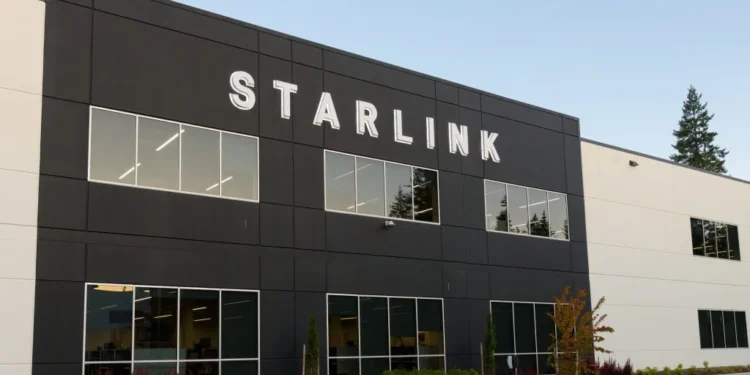Starlink says it plans to invest R2.5 billion in South Africa as part of its push to bridge the country’s digital divide. The proposal includes R500 million for an equity-equivalence programme that would connect 5,000 rural schools with free satellite internet and equipment.
The plan was outlined by SpaceX’s Market Access Director for Africa, Ryan Goodnight, during a meeting with local internet providers in late September, according to TechCentral. It forms part of Starlink’s bid to secure an operating licence and comply with Black Economic Empowerment (B-BBEE) rules. Rather than ceding ownership, the company hopes to qualify through an Equity Equivalent Investment Programme (EEIP) that channels funds into local development.
If approved, the move would be one of South Africa’s largest private-sector connectivity investments and make the country a full Starlink market, not just a reseller hub.
Licensing Hurdles And Local Law
For now, the plan is conditional. Starlink cannot operate without an Individual Electronic Communications Services (IECS) licence from the Independent Communications Authority of South Africa (ICASA). Current rules demand 30 percent local ownership by historically disadvantaged South Africans.
Starlink’s EEIP proposal aims to satisfy that requirement through capital investment and connectivity projects. Similar models have been accepted before, including by IBM and Microsoft, as reported by ITWeb.
Policy may be shifting. In May 2025, Communications Minister Solly Malatsi issued a draft directive allowing ICASA to recognise equity-equivalent models in telecom licensing. If finalised, it could clear the way for Starlink and other foreign operators to comply without restructuring ownership.
Regulators have not yet confirmed approval. Until then, Starlink’s R2.5 billion plan remains an ambitious proposal waiting for sign-off.
What R2.5 Billion Could Fund
About R2 billion would fund ground stations, gateways, leased land, energy systems, and staffing. The remaining R500 million would go to the EEIP initiative providing internet for 5,000 schools, plus hardware and maintenance.
Starlink says it will use local contractors for site work and partner with South African internet providers for compliant distribution. The model could expand rural broadband fast. Fewer than 30 percent of households outside cities have reliable internet, according to ICASA, and satellite coverage could close that gap in provinces like Limpopo and the Eastern Cape.
Execution remains key. Satellite rollout depends on steady power and secure ground sites — ongoing costs that can shrink margins quickly.
Telecoms Split On Satellite Disruption
Starlink’s entry has divided the sector. Some internet providers see a partner able to reach areas fibre cannot. Others fear a disruptive competitor that could undercut local networks.
Vodacom and MTN have urged regulators to apply equal licensing and taxation rules to all operators. Smaller ISPs, meanwhile, welcome the competition and potential partnerships for rural service. Some already import Starlink kits unofficially from neighbouring countries where it operates.
Analysts warn that without integration or pricing oversight, the new service could unsettle South Africa’s fragile telecom balance. ICASA must now weigh innovation against market stability.
Africa’s Satellite Internet Race
Across Africa, the satellite broadband race is accelerating. Starlink already serves more than 20 countries, including Nigeria, Mozambique, Rwanda and Kenya, offering speeds that outpace many terrestrial networks. Rivals OneWeb, Eutelsat and Amazon Kuiper are close behind, promising lower latency and cheaper access.
South Africa’s inclusion would be strategic. It is one of the continent’s largest data markets and could serve as Starlink’s regional anchor if regulators approve. Yet high equipment costs, power shortages and backhaul demands mean satellite connectivity must complement, not replace, local infrastructure.
A Regulatory Test With Billion-Rand Stakes
Starlink’s proposal is a test of how far South Africa will adapt its telecom policy for global entrants. Approval could deliver thousands of new connections and create local jobs. Rejection might delay satellite broadband for years while other African markets surge ahead.
For now, the R2.5 billion plan is a promise — ambitious, well-timed, and waiting on the law to catch up.
















